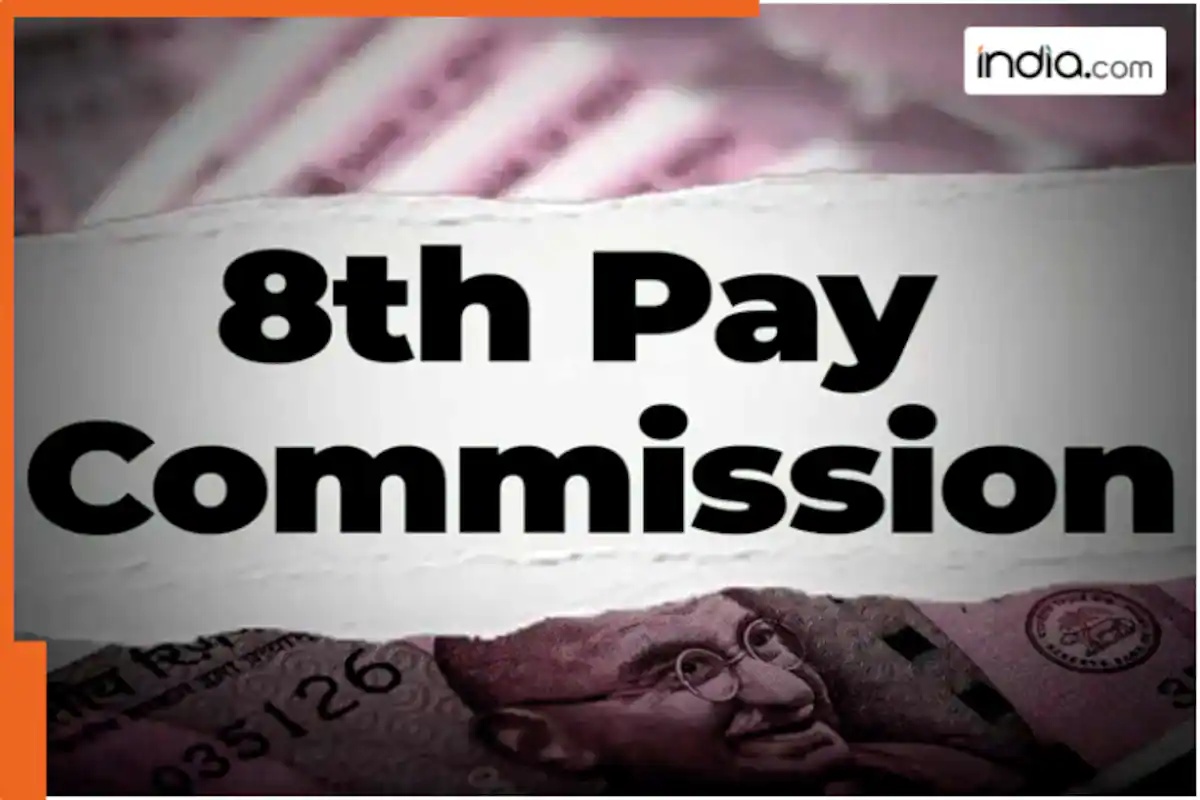
Overview of the 8th Pay Commission Process
As the 7th Pay Commission’s mandate approaches its expiration in January 2026, central government employees and pensioners are intensifying their anticipation for the upcoming 8th Pay Commission. This commission, tasked with reviewing and revising the existing pay structure established in 2016, is expected to propose significant salary and pension adjustments. The potential reforms aim to address long-standing concerns about wage stagnation and financial equity across the public sector. While official announcements remain pending, industry experts and stakeholders are closely monitoring budget allocation discussions, which could determine the scale of proposed increases. The commission’s recommendations, once finalized, are projected to impact millions of employees, reshaping their financial planning and overall job satisfaction. The process involves extensive consultations with labor unions, financial analysts, and policymakers to ensure the proposed revisions align with both fiscal realities and employee welfare needs. This critical phase marks a pivotal moment for the government’s approach to public sector compensation.
Projected Salary Increases and Budget Implications
The potential salary hikes under the 8th Pay Commission are heavily dependent on the government’s allocated budget for the exercise. Analysts suggest that if the allocation reaches Rs 1.75 lakh crore, the median monthly salary for central government employees could rise to Rs 1,14,600. This figure is expected to increase further with higher budget allocations, potentially reaching Rs 1,18,800 if the funds reach Rs 2.25 lakh crore. These projections highlight the direct correlation between financial commitment and employee compensation, underscoring the government’s role in balancing fiscal responsibility with employee welfare. The distribution of funds between salary revisions and pension adjustments will also play a critical role in determining the final outcomes. While these figures represent optimistic scenarios, the actual implementation may vary based on political and economic factors. The proposed changes could significantly alter the financial landscape for millions of employees, affecting their purchasing power and retirement planning.
Comparative Analysis with the 7th Pay Commission
The 8th Pay Commission’s recommendations will be evaluated against the legacy of the 7th Pay Commission, which implemented sweeping changes in 2016. The 7th Commission’s reforms, which cost the government Rs 1.02 lakh crore, were rolled out gradually, with retrospective applications from January 2016 and full implementation from July 2016. This phased approach influenced the financial planning for the 2016-17 fiscal year, as noted by Goldman Sachs. The 8th Commission faces similar challenges in balancing immediate financial commitments with long-term sustainability. Employee unions are already advocating for a fitment factor of 2.57 or higher, mirroring the 7th Commission’s recommendations, which suggests a desire for comparable or improved benefits. The comparison highlights the evolving nature of public sector compensation strategies and the ongoing dialogue between stakeholders and policymakers.
Decision-Making Framework for the 8th Pay Commission
The 8th Pay Commission’s decision-making process will involve a multi-stakeholder approach, incorporating insights from labor unions, financial experts, and government officials. This collaborative framework aims to ensure that the proposed revisions are both equitable and sustainable. Employee unions are expected to play a significant role in shaping the fitment factor, which determines the extent of salary adjustments. Historical trends indicate that unions often push for higher factors to reflect inflationary pressures and wage disparities. The commission’s ability to balance these demands with fiscal constraints will be crucial in determining the final recommendations. Additionally, the inclusion of pension reforms will require careful consideration of long-term financial implications for retirees. The commission’s success will depend on its capacity to navigate these complex dynamics while maintaining transparency and fairness.
Implementation Timeline and Current Status
Despite the impending expiration of the 7th Pay Commission in January 2026, no official announcements have yet been made regarding the 8th Pay Commission’s formation. This delay has raised questions about the government’s prioritization of public sector compensation reforms. The absence of a clear timeline has prompted speculation about potential delays in the implementation process. However, the government’s commitment to addressing wage disparities is evident in the ongoing discussions about budget allocations. The 8th Pay Commission’s recommendations, once finalized, are expected to provide a comprehensive overhaul of the existing pay structure, potentially setting a new benchmark for public sector compensation. As the nation awaits further developments, the focus remains on ensuring that the proposed changes meet the evolving needs of both employees and the broader economy.




